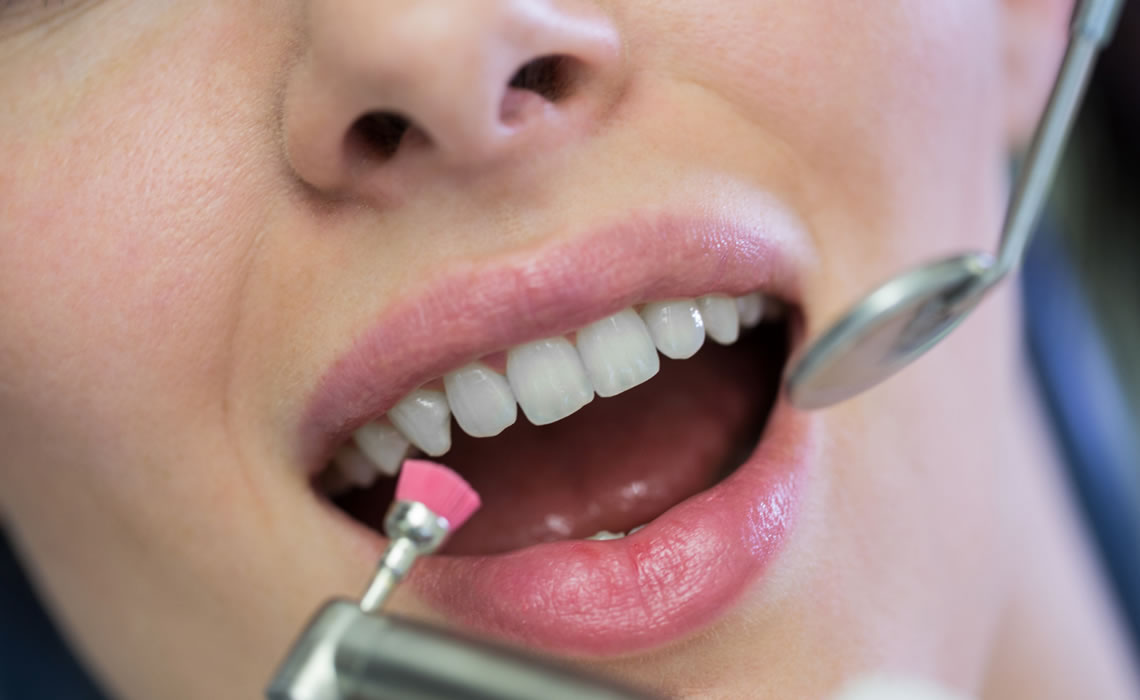
Dental calculus is the mineralized plaque buildup on the surfaces of teeth. These calculi, over time, can lead to gum diseases and other oral health issues. Dental calculus cleaning is an essential step in maintaining oral health and preserving the longevity of teeth. In this article, you will find information on what dental calculus is, how it forms, how dental calculus cleaning is performed, and what precautions should be taken after this cleaning.
What is Dental Calculus?
Dental calculus is a yellowish or brownish substance formed by the mineralization of bacterial and food debris, known as plaque, on the surfaces of teeth. Plaque accumulates on teeth in the absence of regular brushing and flossing and can transform into dental calculus over time. Dental calculus commonly forms in the back portions of teeth, along the gum line, and on the tooth surfaces.
Causes of Dental Calculus Formation
- Irregular Dental Cleaning: Irregular brushing and lack of flossing can lead to plaque accumulation and dental calculus formation.
- Smoking: Smoking can increase the formation of dental calculus and cause teeth discoloration.
- Excessive Caffeine and Alcohol Consumption: Consumption of tea, coffee, and alcohol can trigger dental calculus formation.
- Genetic Factors: Genetic factors may predispose some individuals to develop more dental calculus than others.
How to Perform Dental Calculus Cleaning?
- Professional Dental Cleaning: Dental calculus cleaning is typically a professional procedure performed by your dentist or dental hygienist. Special tools are used to gently remove dental calculus during this cleaning.
- Proper Toothbrush and Floss Use: Regular brushing and flossing are essential to prevent dental calculus formation. The choice of an appropriate toothbrush and dental floss is crucial for effective cleaning.
- Diet for Dental Cleaning: A healthy diet can help reduce dental calculus formation. Consumption of fibrous foods and adequate water intake can decrease bacterial formation in the mouth.
- Use of Mouthwash: Mouthwashes with antiseptic properties can prevent gum diseases and reduce dental calculus formation.
Precautions After Dental Calculus Cleaning
- Regular Check-ups: It is important not to miss periodic check-ups scheduled by your dentist. Professional cleanings can support your oral health.
- Oral Hygiene Practices: Maintaining regular habits of brushing, flossing, and using mouthwash after dental calculus cleaning is crucial.
- Healthy Nutrition: Adopting a healthy diet is important to minimize dental calculus formation. Particularly, the consumption of fruits and vegetables can positively impact your oral health.
Dental calculus cleaning is a crucial step in preserving oral health and ensuring the longevity of your teeth. Seeking professional assistance and maintaining regular oral hygiene habits are significant steps on the path to a healthy smile.



















